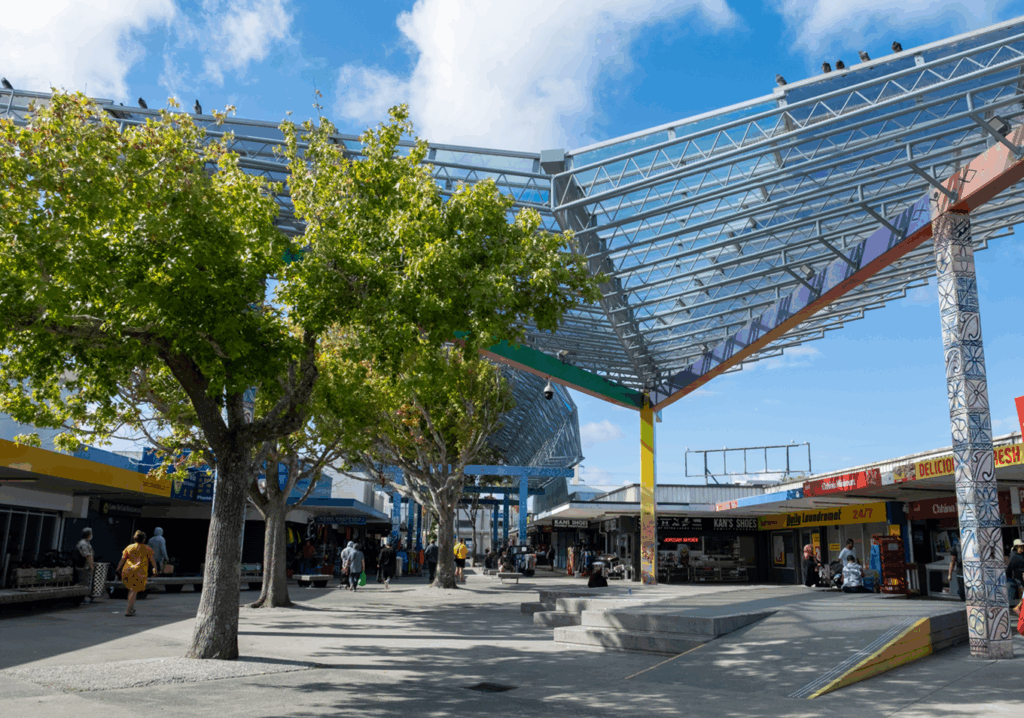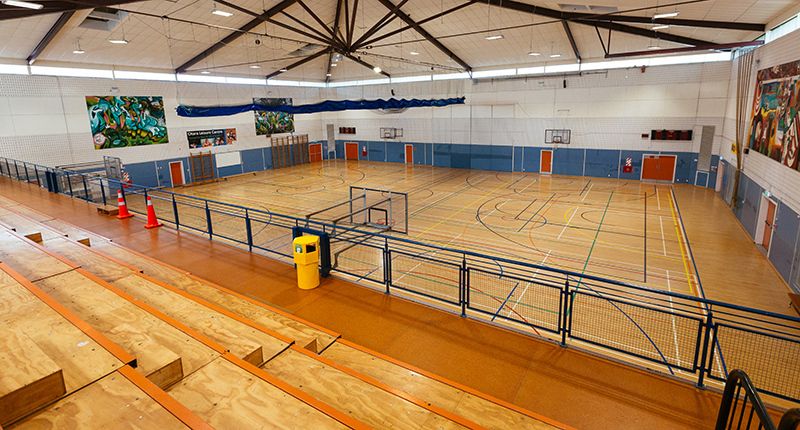Candidate: Low turnout in mayoral election ‘silences Pacific voices’

By Mary Afemata of Local Democracy Reporting
Ōtara-raised barrister Ted Johnston says low voter turnout is silencing Pacific voices in Auckland’s democracy.
He urges people to “get their votes off the fridge” and support competent Pacific candidates so their communities are properly represented.
Electoral Officer Dale Ofsoske says the turnout in 2022 was 35.5 per cent, and has reminded voters of their responsibility to participate in the electoral process and to “make their voice heard this year”.
In an interview on Pacific Mornings, Johnston says, “We need to flex our power as Pacific people in democracy to vote, and that means get out there and find candidates and support our Pacific candidates if they’re competent.
“There are so many Pacific Island people, only 35 per cent vote of the whole population. We do not get proper representation. We do not get a voice, because our people believe nothing can change. I say, get out there, go to all your relatives, go to your friends, tell them, get their votes off the fridge, get it off the table, fill them in, find good, competent people, and get out there and vote.”
Johnston is the only Pasifika candidate in the mayoral race. His grandfather held the Sāmoan family name, Faleauto, when the family moved to New Zealand in the 1950s, though Johnston says that ‘Johnston’ was originally his great-great-great-grandfather’s name from America.
He stressed that he does not hold the chiefly Faleauto title but noted his family’s chiefly connections include Fuimaono, Manaia, Avauli, Aumua, and Ta’iao.
He shared his family ties to the villages of Lepa, Lalomanu, and Salani, adding that his wife is from Falealupo. He also mentioned his links to rugby players Sensus and James Johnston.
Johnston says his upbringing in Ōtara since 1961 influences his political views. “I’ve seen all the problems of families growing up there…I’ve seen how things have changed in the last 60 years with promises from politicians, promises from parties, and nothing’s really done for our people. That’s what guides me,” he says.

He describes his campaign as “actually quite a good one because they’re spending less money, which is actually more beneficial”. He said the “so-called main candidates are not very good candidates at all… not much competition, but they’ve got a ton of money behind them in support.”
Johnston adds that Pacific oratory gives him an advantage in debates: “They can’t match Sāmoan orators. So you’ll see when I speak to them, I just walk all over the top.”
On the campaign trail, Johnston accused mainstream media outlets of distorting the race. He labelled a recent poll as “shonky” and claims that the incumbent Mayor Wayne Brown and other frontrunners are upheld by “a corrupt propaganda system” that hides stronger candidates.
“Without the media pushing them, Brown wouldn’t even be the middle of the pack of candidates,” Johnston says.
He cites his role in securing the Ōtara Recreation Centre in 1995, when he led a community effort that forced Manukau City Council to build it instead of another library in Howick. “It’s not just promises, it’s action.”
His campaign reflects his South Auckland background, where he argues that communities miss out on necessary investment. “How many times do we rebuild Mount Eden Park? Where are some proper resources for our kids all out here?”

On transport, Johnston compares the rail system to a body’s circulation, saying it is currently “not functioning properly.” He proposes extending rail to the airport and establishing a ring system around the central city, linking Sylvia Park to New Lynn and stretching from the west to the north, across the Harbour Bridge.
On rates and waste, he says council must “live within its means”, proposing a new Waste and Competency Corruption Committee to track spending. He advocates for a freeze on rates, arguing that money is wasted on poorly used cycle and bus lanes, as well as slow project delivery.
On social investment, Johnston calls for after-school programmes to steer rangatahi away from “gangs, drugs, crime”, describing such spending as “an investment in our future”.
He has also proposed more unconventional ideas. He suggests that Auckland should have its own lottery, so funds raised locally remain in the city rather than being added to the national pool.
He also suggested enlarging the Harbour Bridge to accommodate rail, walking, and cycling, branding it the “Azua Arch” and promoting it internationally as a landmark similar to San Francisco’s Golden Gate Bridge.
Brown has defended his record, saying Auckland is on the right track, while fellow challenger Kerrin Leoni described the contest as “a real contest of ideas”.

Comments
Post a Comment